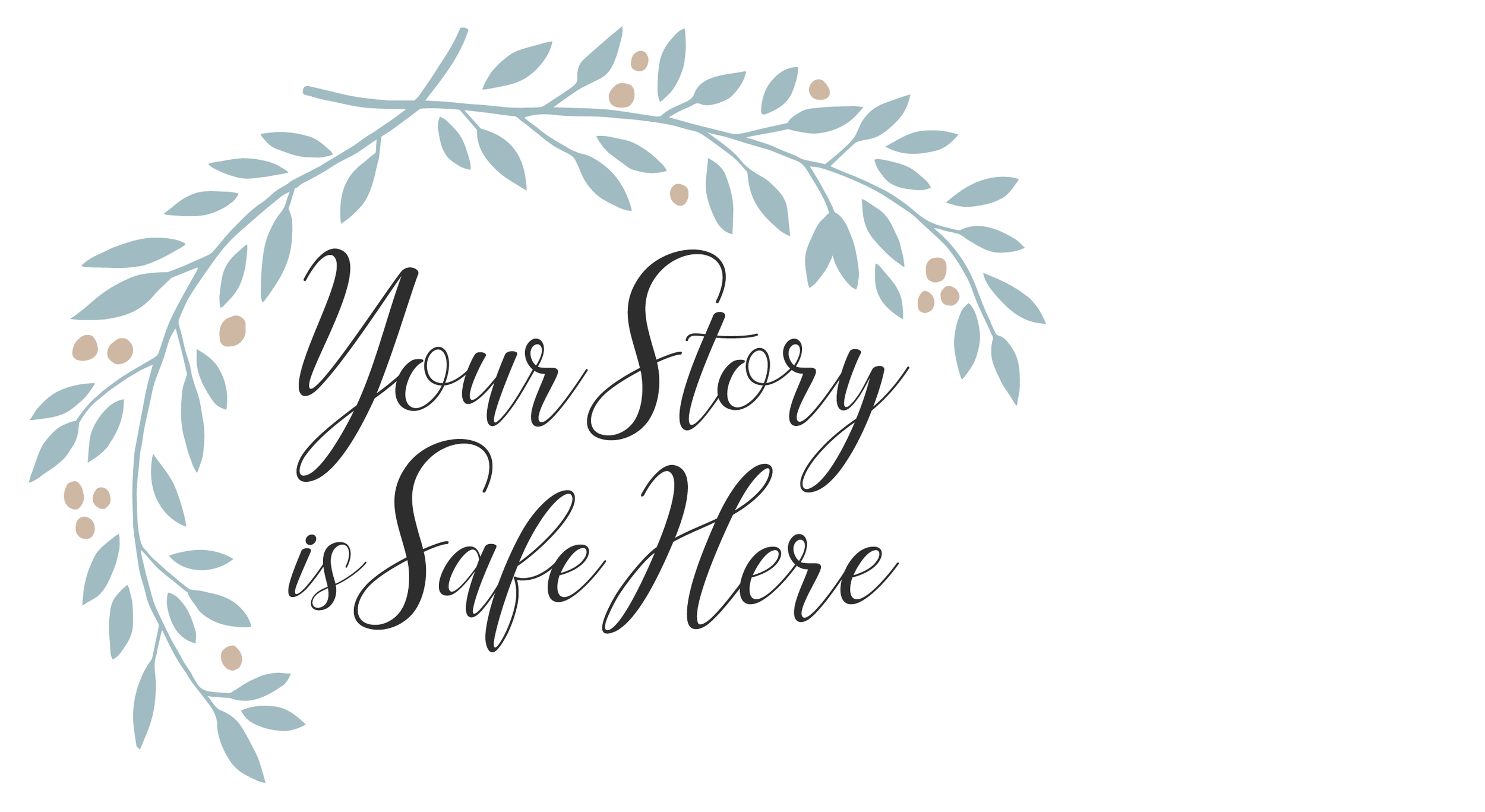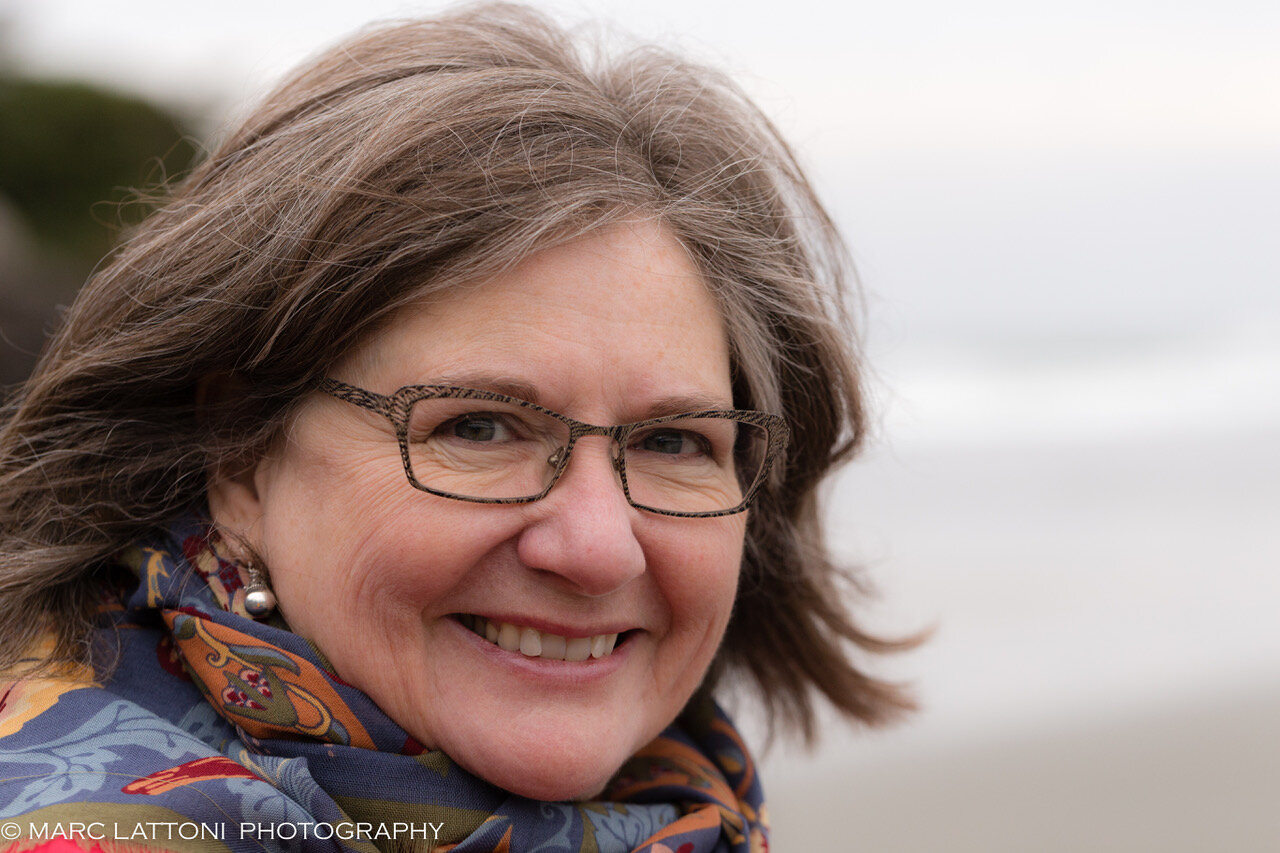In The Season of Letting Go, These Are Reasons We Don't
As I post this blog, the sky is waking up with the pink, peach, and orange colors of a sun rising for a new day. The fields are pushing off their misty blanket and already the noises of nature are sounding their themes of life beginning, thriving and ending. Trees are turning their leaves now. Some already have begun to let them go. Months of cold barren branches ahead. They will never be the same again, and they do not know how their leaves will grow back, how much taller their trunks will stand, what new branches will form, and what their shape will be. They will be the same tree, but they will look a little different every year. It’s a simple wisdom and some years ago it called me to trust it. And I let go. It was a long winter. Then new life came. I was different but I was still in my life. I trusted what the maples and oaks and elms and locusts and ashes and beeches and hickories showed me about letting go.
But first, I didn’t. Maybe you are like me.
Read More
The Results Are In. Narcissists Aren't That Bright.
As I approach the ten-year anniversary of dday and my sudden orientation into the irrational thinking and critically flawed analysis that passed for “sex addiction” treatment, it’s tough to see little or no improvement in those same ten years. How could an entire industry still be so—well—aggressively cognitively limited? Many times in my blogs I have demonstrated those critical deficits and their impact on women, in particular. It’s not hard. As counselor Tania Rochelle once wrote, “it’s like shooting fish in a barrel.”
Then, this week, I read about research that may explain how so much deficient thinking could stand unchallenged by clients and practitioners for so long. Thanks to a Ph.D. student at the University of Waterloo, we now have academic research that shows narcissists avoid critical thinking, don’t do it very well when they do it, and demonstrate a lower intellectual ability overall than the average person. They generally believe they are smarter than they actually are. You can read about it here: https://www.ctvnews.ca/sci-tech/new-study-suggests-narcissists-have-weaker-cognitive-abilities-than-they-think-1.4576649
Hmmmm.
Read More
Wondering what on earth I discuss with clients?
The problem with our problem is that none of us start out knowing what the real questions are. We are so behind from the start and I don’t believe we ever catch up—partly because we never know if he ever tells us everything. Then, we are usually so fixated on his recovery that we get ambushed by the reality of what we actually need to know and need to know fast: like getting tested for STD’s/STI’s no matter WHAT he or his “team” says, how to manage day to day, why you would see a lawyer when you don’t plan on divorcing him, what to tell and who to tell, how to deal with children’s questions and what NOT to say to them, how to manage these weird and upsetting symptoms you start exhibiting, etc. The panic women feel often leads them to simply do what the treatment industry tells them to do, without asking if it’s in their best interests or the best interests of their children—or if the treatment will actually give you back the man you thought you had.
So, no blog this week, but check out my coaching page and see all the important topics you could be discussing with me.
It’s always great to meet you. Let me know when it’s time.
diane@yourstoryissafehere.com
Read More
First Things and Second Things
Thank you, subscribers, for your ongoing interest in my blog about topics arising from my life and work with wives and partners of men called sex addicts.
This hard work is also holy work to me. It draws on “first things” of what it means for me to be a human being in this world—being true, investing in people, seeking justice, and finding humour in the midst of it all. These are first things for me. But l also want to introduce you to “second things.” “Second things” are the epiphanies that break through all our life survival patterns and success strategies and show us what we need to understand in order to be more than we have been in our lives. “First things” seem like a part of us. “Second things” are about going deeper in our lives because of how our life unfolds.
Read More
Everybody Breathe
I need to stop and take a breath.
The focus I have put on whole family care in the last five blogs has been tough. It hit home to so many women. It meant many of us looked back at those years of discovery/recovery/non-recovery and could see that our children—no matter what their age—were not factored in for attention, gentle inquiry and careful listening.
Read More

